Significant developments have been made in a new bread manufacturing process, called the Radical Bread Process (RBP), according to Campden BRI.
The independent research and development organisation said it has teamed up with equipment manufacturer Rondo to commercialise this new process.
It is hoped that the RBP will lead to new opportunities for the baking industry to produce bread of improved quality, as well as reducing energy input.
According to Campden BRI, the process can produce a high-quality loaf of bread that has a very fine and uniform structure of gas cells.
“Alternatively, lower-protein flours can be used to produce equivalent-quality bread to that made with other bread-making methods,” it said in its latest newsletter.
The process works in two stages. The first is lamination, which resulted in the gas cells in the dough taking on the shape of ellipses, rather than spheres. The second stage is to cut the dough and place it into the pan, with the gas cells aligned in the same direction. During proof, the cells lengthen to create a bread with a unique structure, said the organisation.
Meanwhile, Rondo has been working to develop its existing lamination equipment, so that it is suitable for the RBP.
For more on this story see the next issue of British Baker, out 6 April.

























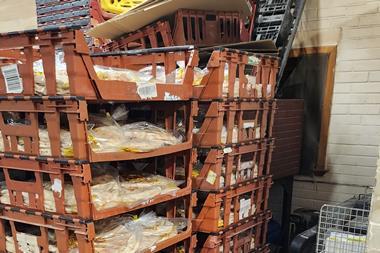
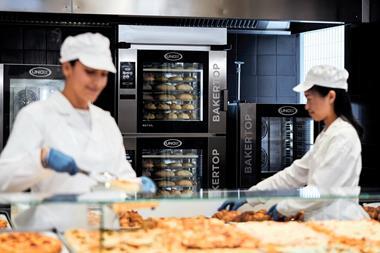
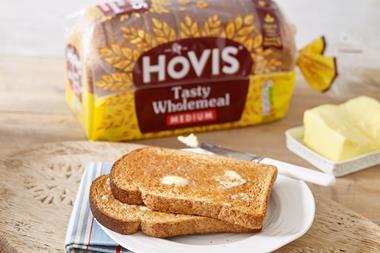
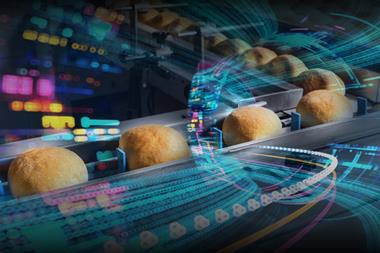

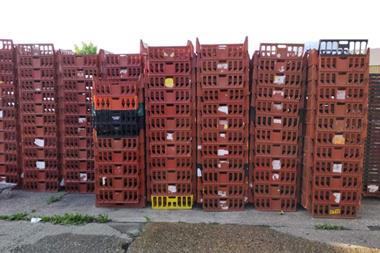

No comments yet